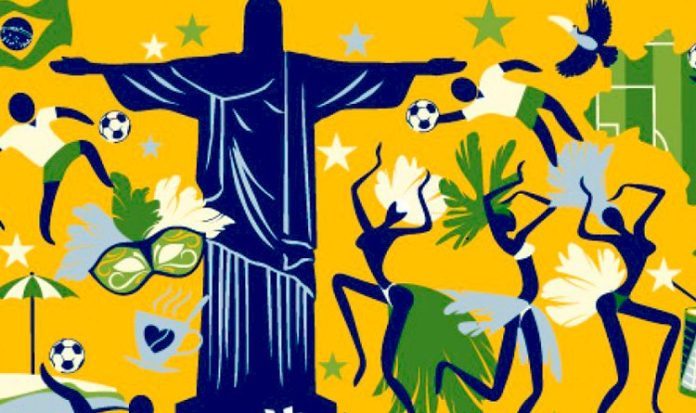
Football is not just a game in Brazil; it is a cultural expression, a social phenomenon and, for many, a way of life. Woven into the complex fabric of Brazilian culture, football has become more than a pastime or a mere sporting competition. It symbolizes dreams, resilience and, above all, a sense of community that transcends class, color and creed. This article examines how football has become an inseparable part of the Brazilian social fabric, playing a crucial role in shaping the national identity.
Historical Roots:
Football arrived in Brazil in the late 19th century, brought by British immigrants and quickly adopted by Brazilians. Since then, the country has become a footballing superpower, winning five World Cups and producing some of the greatest players of all time, including Pelé, Romário, Ronaldo and Neymar. The aptitude for football seems to be in the Brazilian DNA, a natural gift honed by years of practice on clay pitches, beaches and narrow streets.
A Universal Language:
In a country marked by economic and social disparities, football serves as a universal language that brings people together. It offers an escape from the hardships of everyday life and becomes a tangible representation of hope and opportunity. It is not uncommon to see young talent emerging from underprivileged communities, scouted by scouts and catapulted to international stardom. These success stories fuel the dreams of millions of Brazilians who see football as a way to a better life.
Football and Politics:
Football also has its political dimension. During the military regime, for example, Brazil’s success in the 1970 World Cup was used to promote a positive image of the country, despite the serious human rights violations taking place at the time. Even today, politicians often associate themselves with popular clubs and players to gain support and legitimacy.
Stage of Cultural Expressions:
In the stands, Brazilian football is a theater of cultural expressions. The organized fan groups, each with their own chants, rhythms and flags, transform the stadiums into stages for a show in their own right. The fans become protagonists, expressing joy, sadness, hope and frustration, often with a passion that borders on fanaticism.
Unity in Diversity:
Brazil is a country of immense cultural, ethnic and geographical diversity. However, when the Brazilian team takes the field, this multiplicity dissolves into a single cry of support. Regardless of their origin, religion or social class, everyone becomes Brazilians united by the same goal: to see Brazil win.
Football in Brazil is certainly much more than just a sport. In fact, it is a national passion that has the power to transcend social, cultural and geographical barriers. This feeling, in turn, unifies the country in a way that few other institutions or activities can. Furthermore, football plays a crucial role in shaping Brazilian identity. It not only serves as a form of entertainment, but also provides a tangible means of social mobility for many.
In this context, football can be seen as a microcosm of the complexities and contrasts that characterize the Brazilian nation. At its best and worst, the sport becomes a vivid reflection of Brazil as a whole. It becomes a stage where elements as disparate as triumph and tragedy, art and politics, individualism and community, not only coexist but also intertwine in complex and inseparable ways.
Therefore, it is undeniable that the true essence of football in Brazilian culture goes far beyond the playing field. It acts as a mirror that reflects the country in all its diversity, complexity and unparalleled beauty.
